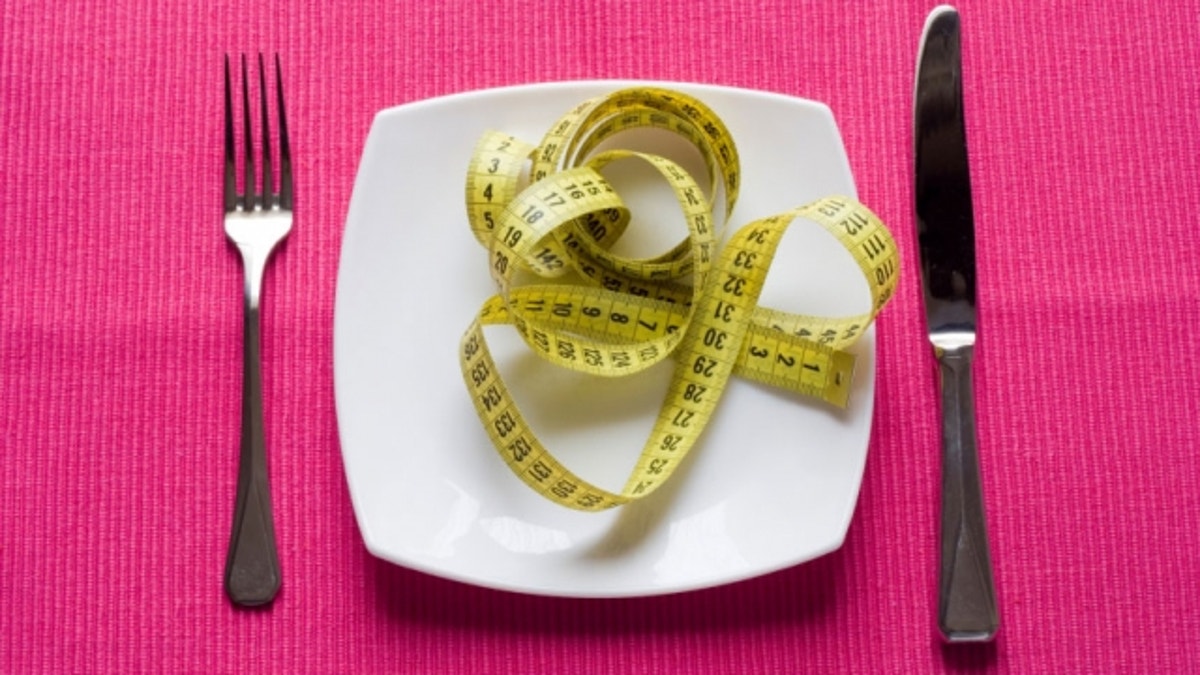
Whether you are just starting a New Year's diet or struggling to maintain a healthy weight, a provocative new study offers some timely guidance. It isn't so much what you eat, the study suggests, but how much you eat that counts when it comes to accumulating body fat.
The findings are the latest in a string of studies to challenge claims that the secret to healthy weight loss lies in adjusting the amount of nutritional components of a diet -- protein, fat and carbohydrates.
[pullquote]
The diet industry has offered dozens of strategies recommending raising or lowering carbohydrates, protein or fat.
In the study, published in Wednesday's issue of the Journal of the American Medical Association, 25 young, healthy men and women were deliberately fed nearly 1,000 excess calories a day for 56 days, but with diets that varied in the amounts of protein and fat.
While those on a low-protein diet -- about five percent of total calories -- gained less weight than those on a normal or high-protein regimen, body fat among participants in all three groups increased by about the same amount. Typical protein consumption is about 15 percent of calories, while the U.S. government recommends it make up between 17 percent and 21 percent of total daily calories.
"The body was confronted with excess calories, but it didn't care where they came from," said Dr. George Bray, a researcher at Pennington Biomedical Research Center, Baton Rouge, La., and lead author of the report. "The only thing it can do is put them into fat."
The findings suggest that it matters little whether a diet is high or low in fat, carbohydrates or protein, it's calories that build body fat.
"That's a very important message," said Francisco Lopez-Jimenez, an obesity researcher at Mayo Clinic, Rochester, Minn., who wasn't involved with the study. "Weight gain depends primarily on excess calories, regardless of the composition of the meal."
More than 60 percent of US adults are considered overweight and more than 30 percent are obese, defined as having a body mass index, or BMI, of 30 or higher.
There was a potentially detrimental effect of the low-protein diet: Participants had a reduction in levels of lean body mass. Those whose diet was 15 percent or 25 percent protein had an increase in lean body mass, a reason why they gained more weight than those on low-protein fare.
The patients in the Pennington study ranged in age from 18 to 35 and had BMIs between 19 and 30. (Between 25 and 30 is considered overweight.) They lived at the center's metabolic unit for between 10 and 12 weeks and were fed the 1,000 extra calories a day for the final eight weeks of their stay.
After eight weeks, all participants in the study gained weight. The 16 men and nine women made similar gains. The low protein-diet group gained about seven pounds, about half the 13.3 pounds added on by the normal protein participants and 14.4 pounds put on by the high protein group.
Researchers said that previous studies had led them to expect that a high-protein diet would lead to lower weight gain.








































